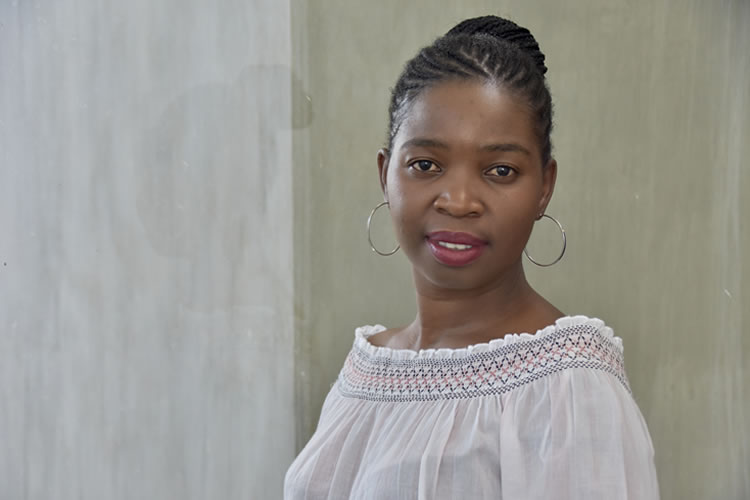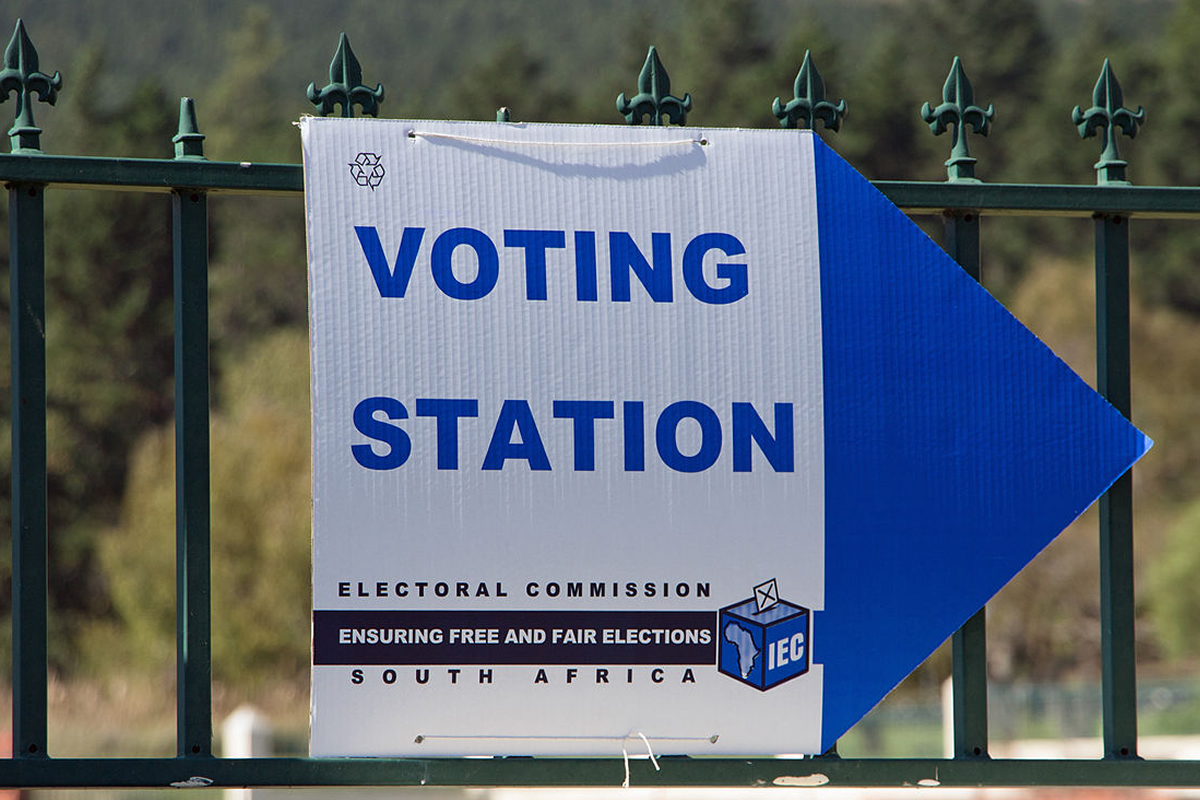The Centre for Human Rights, University of Pretoria, participated in a conference on ensuring free and fair elections in Africa with a particular focus on the role of commissions, media and courts. The conference was organised by the South African Institute for Advanced Constitutional, Public, Human Rights and International Law (SAIFAC) in collaboration with the Department of Public Law, University of Johannesburg at the historic Women’s Gaol, Constitutional Hill on 11 April 2019. With the South African general elections scheduled for 8 May 2019, the conference provided an opportune platform for sharing experiences from other African jurisdictions including Zimbabwe and Kenya.
It was accepted that electoral transformation is a progressive issue that requires the collective and sustained effort of all relevant stakeholders. Electoral Management Bodies (EMBs) play a critical role and were encouraged to be well aware of their legal duties as a guide for their actions. Their independence and credibility have real consequences to democracy and the lives of citizens.
Justice Johann Kriegler, retired judge of the Constitutional Court of South Africa, cautioned against blind faith in the efficacy of laws as a solution to electoral challenges. He stated that in certain contexts free and fair elections can be best achieved through political as opposed to legal solutions. He also advised against examining elections through a litigious as opposed to political lens especially when the courts have become mere tools for the executive. The political and public interest considerations that come into play in electoral matters may engender negative attitudes towards adjudication. Courts, however, remain crucial actors in the electoral process and give people a forum for their voice to be heard.
On the role of the media, it was recognised that many governments are fearful of independent press and take measures to curtail this freedom. One effective way of doing this is through legislation. This has at times led to self-censorship by the media. Such actions have compromised access to information and developing an informed electorate. The growth in social media provides an alternative forum for expression and news where traditional media has been compromised. Negative reactions from governments illustrate the potential of social media in progressing democracy, transparency and openness. However, social media can also be used as a tool for manipulation by some governments through disinformation. Stakeholders should, therefore, ensure that the electorate is well informed on how to identify misinformation, disinformation and dodgy news on social media. To this end, Media Monitoring South Africa and the Electoral Commission of South Africa collaborated to launch an online reporting platform called ‘The Real 411’ where citizens can report disinformation.
Find the link to the website here. This is a useful strategy for other EMBs in Africa to adopt.
For more information, please contact:

Expression, Information and Digital Rights Unit
Tel: +27 (0) 12 420 4199
Fax: +27 (0) 86 580 5743
hlengiwe.dube@up.ac.za

Project Officer: Expression, Information and Digital Rights Unit
Tel: +27 (0) 12 420 3810
Fax: +27 (0) 86 580 5743
marystella.simiyu@up.ac.za
